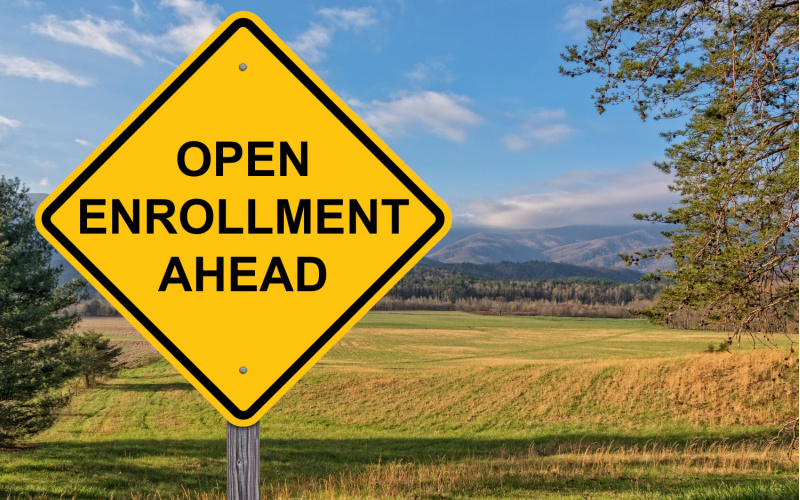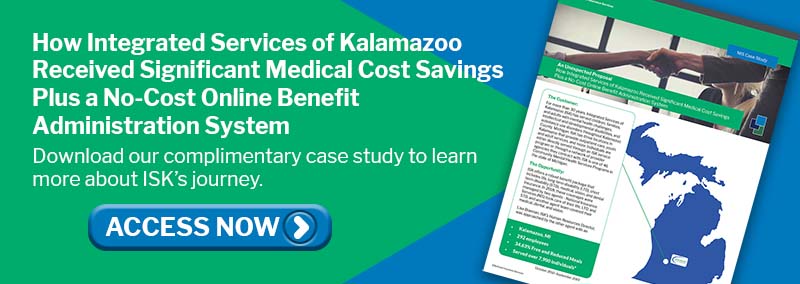3 minute read
The first part of 2023 was a roller coaster ride for employers, with a record number of employees quitting, a rise in talent shortages, and increased workplace demands from employees. With 2024 open enrollment around the corner, employers have an opportunity to develop attractive benefit offerings and proactively communicate with employees to win them over. Early preparation can show employees that they are valued, convince top performers seeking a job change to stay, and attract new talent.
Here are a few ways that employers can thoughtfully kick off their open enrollment efforts.
Tailor Benefit Offerings
Employee benefits can be a powerful retention and attraction tool. Employers should tailor their benefit options to include perks employees care about before open enrollment begins.
Some of the top benefits employees want include:
- Mental health resources
- Paid leave policies
- Greater compensation
- Flexible or hybrid work environments
- Financial wellness resources
- Professional development opportunities
- Caregiving benefits
- Family-building and reproductive health benefits
Employers may want to get employee feedback regarding what perks provide the most value for their unique circumstances. Adding or tweaking some benefit options could be the difference between retaining or losing a top performer.
Determining Key Messaging
After benefits are decided, employers need to plan their communication strategies. Key messaging might focus on new or updated benefits, which can incentivize employees to stay in their current positions. Highlighting your offerings are important, as 1 out of 3 workers don’t understand the benefits they elect during open enrollment, according to Voya Financial.
Communication should demonstrate how workplace offerings can protect employees, accounting for their need to feel safe and secure. Employees’ appreciation for benefits may improve when they can choose benefits plans tailored to their specific needs. The more appreciative they are, the less likely they would consider leaving.
Communicating Employee Benefits
Surveys have shown that employees want more help understanding their benefit options. That’s why an open enrollment communication plan needs to start early, provide ample resources, and have multiple channels.
An effective open enrollment strategy may include:
- Group meetings to discuss benefits
- One-on-one meetings to answer questions
- Multi-channel communication methods (emails, videos, printouts, guides, presentations, etc.)
- Periodic enrollment reminders include enrollment dates and instructions
Early open enrollment communication gives employees more time to understand their benefits period although your own communication is ideal employers can increase it for open enrollments nearly 72% of adults spent less than one hour deciding on their health plan during open enrollment. A better understanding of offerings may help employees make more active choices in their health plan during open enrollment and beyond by helping them understand the perks of staying with the organization
Also, don’t worry about communicating too soon with about open enrollment. Repetitive messaging and reminders increase the odds of employees seeing necessary information and understanding their benefits.
Summary
By starting open enrollment early, employers will have ample time to tailor their benefit offerings and highlight all employee perks. This can help employers educate their current workforce, or boost retention efforts, and win more talent in the ever-challenging labor market. Download the bulletin for more details.

